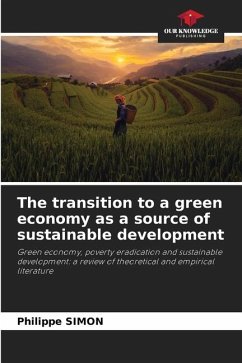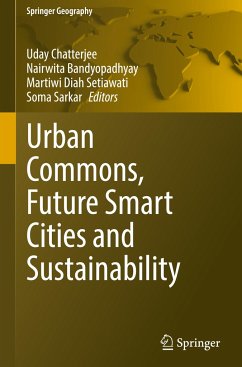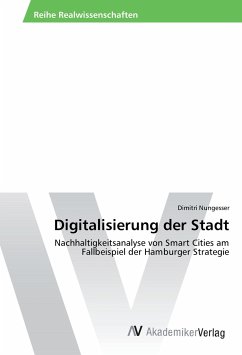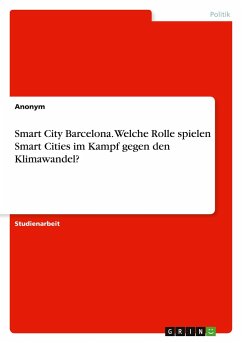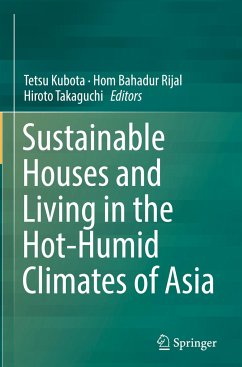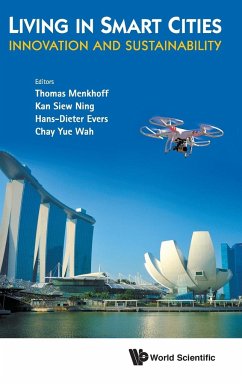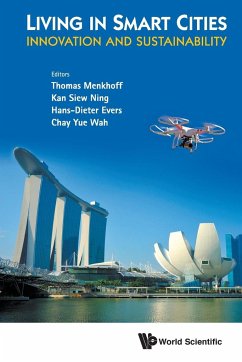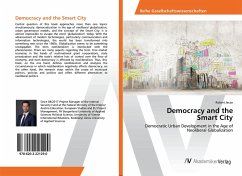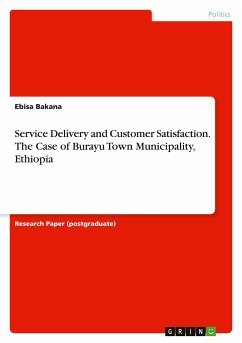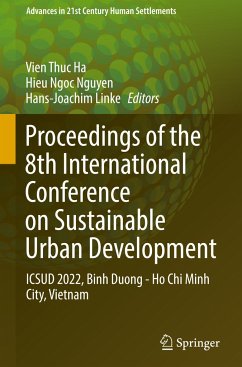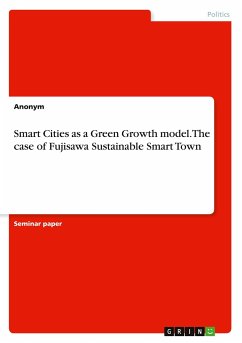
Smart Cities as a Green Growth model. The case of Fujisawa Sustainable Smart Town

PAYBACK Punkte
0 °P sammeln!
Seminar paper from the year 2022 in the subject Politics - Environmental Policy, grade: 1,3, Technical University of Munich, course: Politics of Sustainability, language: English, abstract: As larger cities can struggle with implementing their Smart City development ideas due to their sheer size, this paper shall take a look at the case of Fujisawa Sustainable Smart Town. Fujisawa Sustainable Smart Town is a project lead by Panasonic, with the goal of constructing a small scale Smart City for roughly 1000 households in Kanegawa prefecture, Japan. The initial time-frame of the project ranged fr...
Seminar paper from the year 2022 in the subject Politics - Environmental Policy, grade: 1,3, Technical University of Munich, course: Politics of Sustainability, language: English, abstract: As larger cities can struggle with implementing their Smart City development ideas due to their sheer size, this paper shall take a look at the case of Fujisawa Sustainable Smart Town. Fujisawa Sustainable Smart Town is a project lead by Panasonic, with the goal of constructing a small scale Smart City for roughly 1000 households in Kanegawa prefecture, Japan. The initial time-frame of the project ranged from 2011 to 2018. The analysis for the Smart City project shall look at the development of Fujisawa during and after this time-frame. To create a basis for analysis, firstly the Green Growth model will be looked at with a short overview and possible criteria derived from it. As secondary criteria the concept of Smart Cities will be presented, starting with a short outline of the concept and following up with a small analytical framework. These criteria shall then be applied to the case of Fujisawa SST, with the main focus lying on the Green Growth Model. Finally the results and possible implications for other cities will be summed up.




